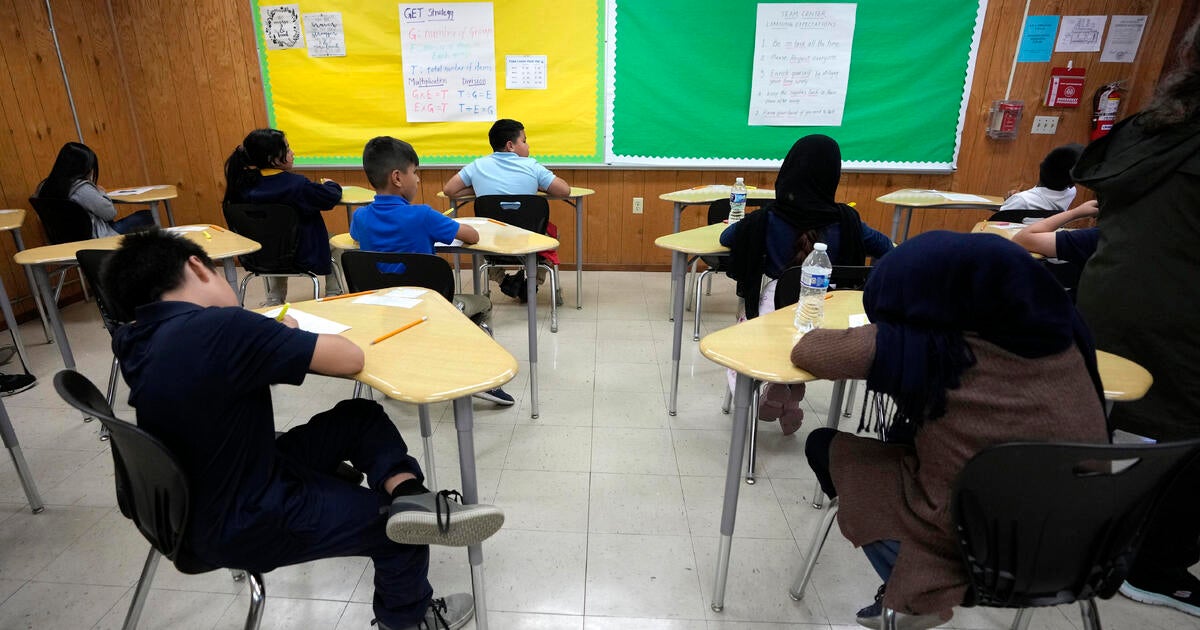Mental Health Crisis: Maryland Advocates Sound Alarm on Devastating Budget Cuts

Maryland's behavioral health community is sounding the alarm over a significant budget reduction proposed in Governor Wes Moore's fiscal year 2026 budget. The proposed $116 million cut has sparked widespread concern among mental health professionals and advocates who fear potential devastating consequences for critical support services.
Mental health experts are warning that such a substantial financial reduction could dramatically impact the state's ability to provide essential mental health and addiction treatment resources. The proposed budget cut threatens to undermine recent progress in expanding mental health access and support systems across Maryland.
Advocates are urgently calling for a closer examination of the budget proposal, emphasizing the potential ripple effects on vulnerable populations who rely on these crucial behavioral health services. They argue that reducing funding could lead to decreased treatment options, longer wait times, and potentially increased strain on already overwhelmed mental health infrastructure.
As discussions continue, mental health professionals are mobilizing to highlight the critical importance of maintaining robust funding for behavioral health programs. The coming weeks are expected to be crucial in determining the final budget allocation and its potential impact on Maryland's mental health landscape.
